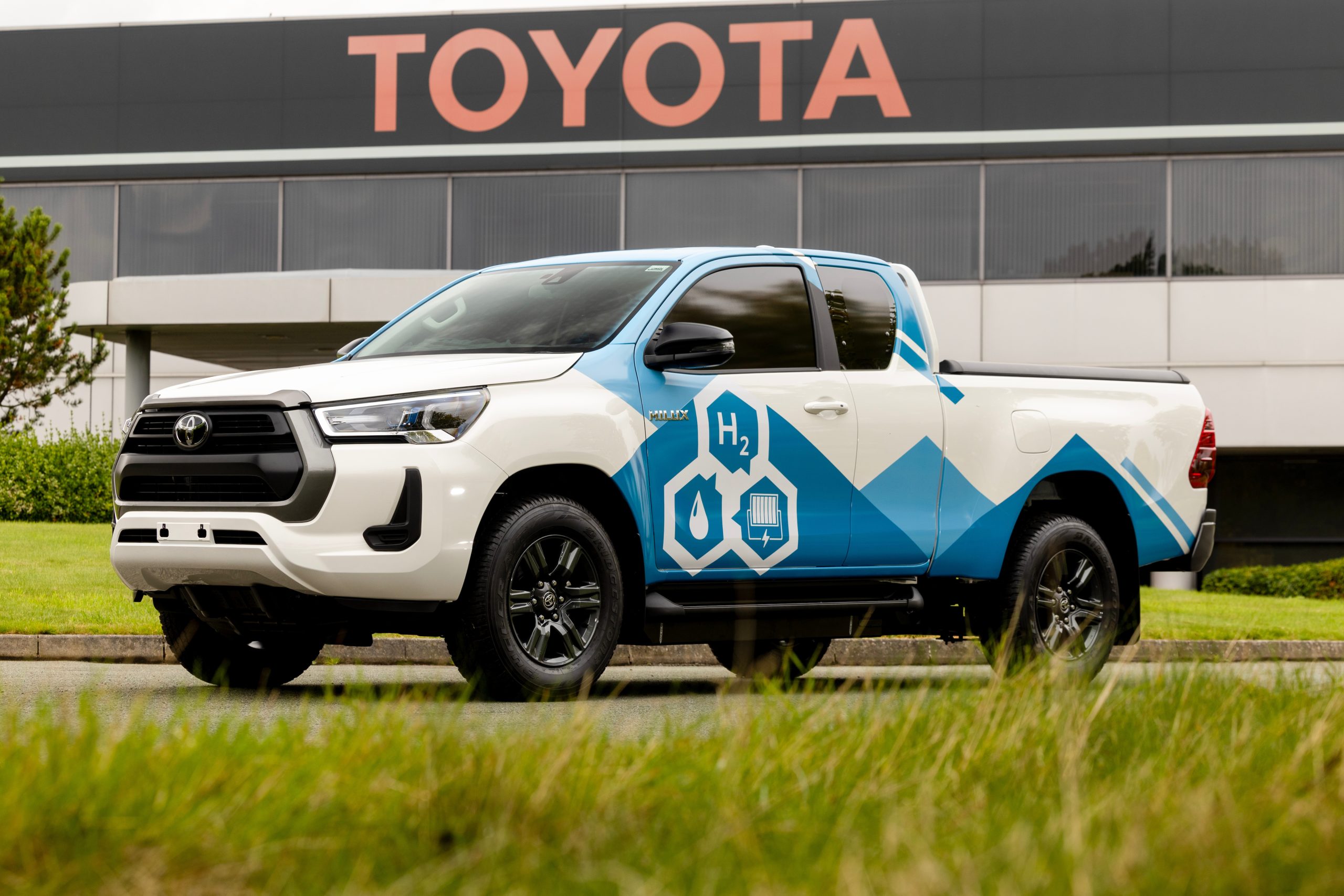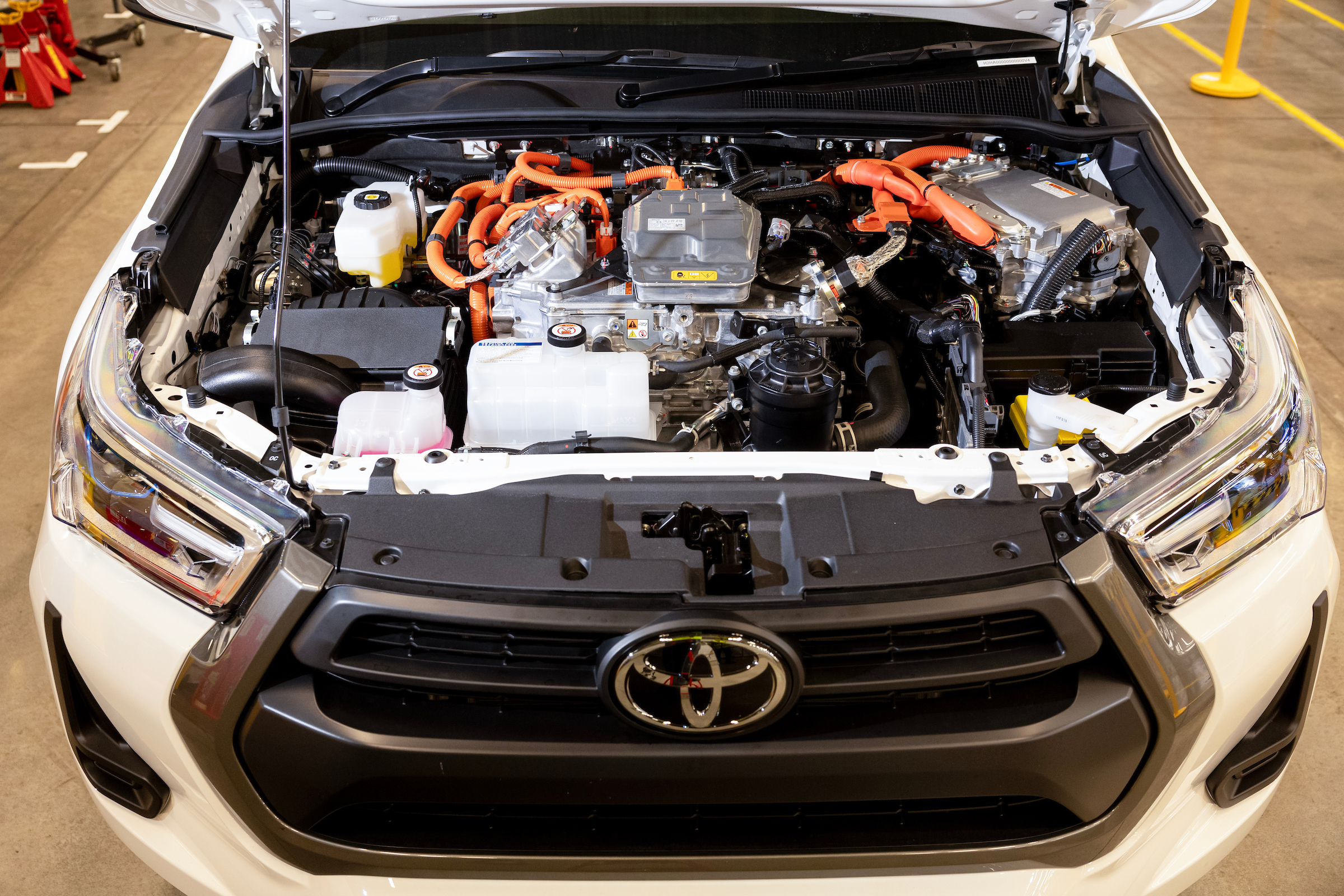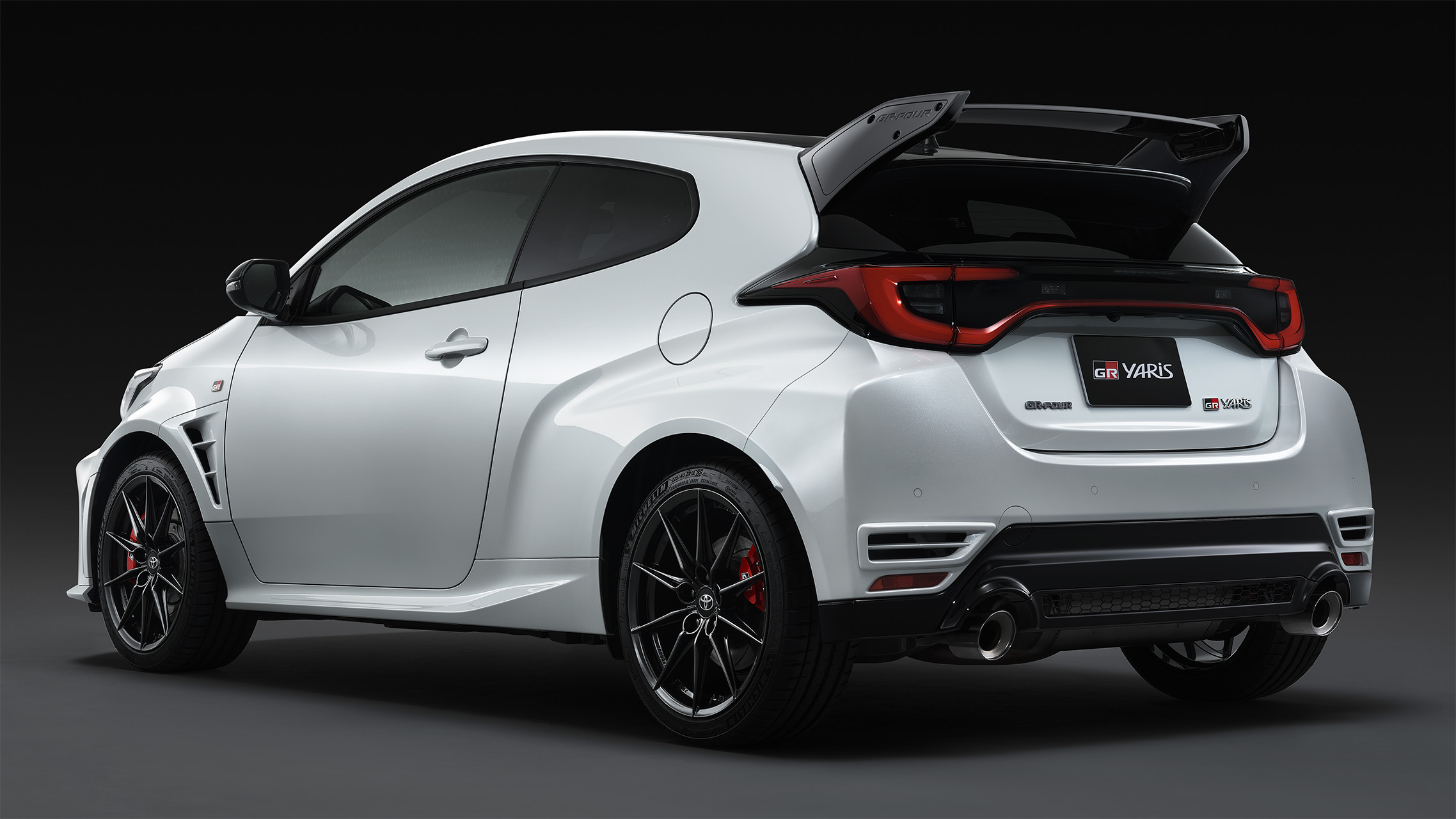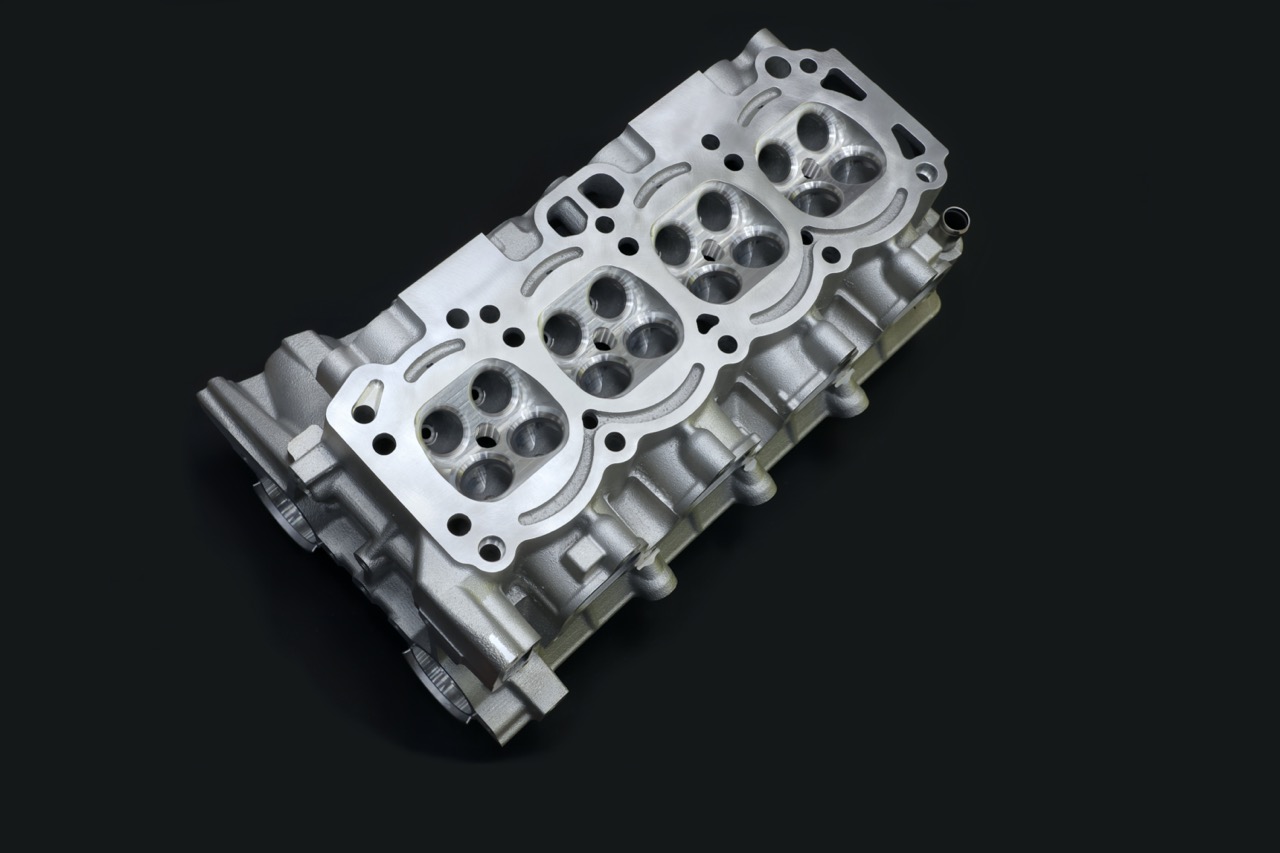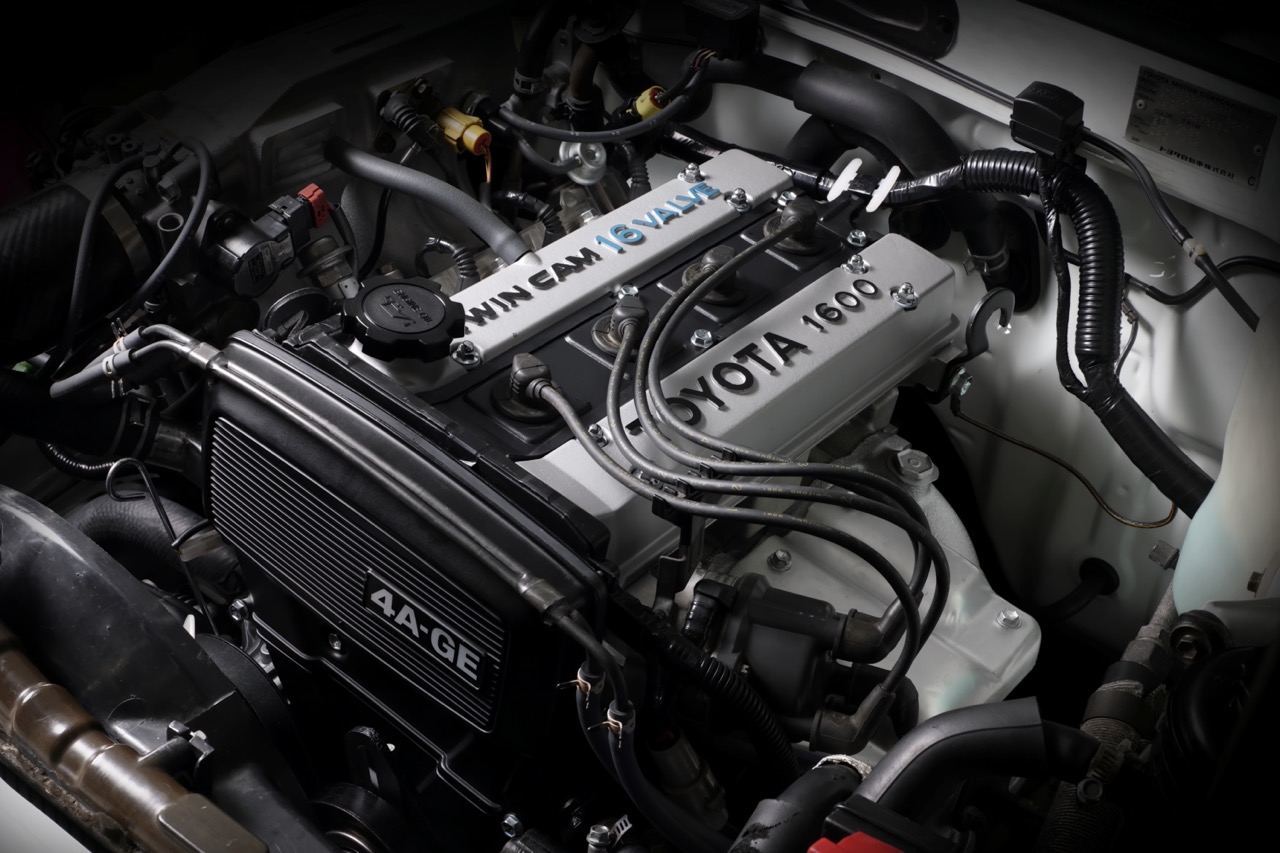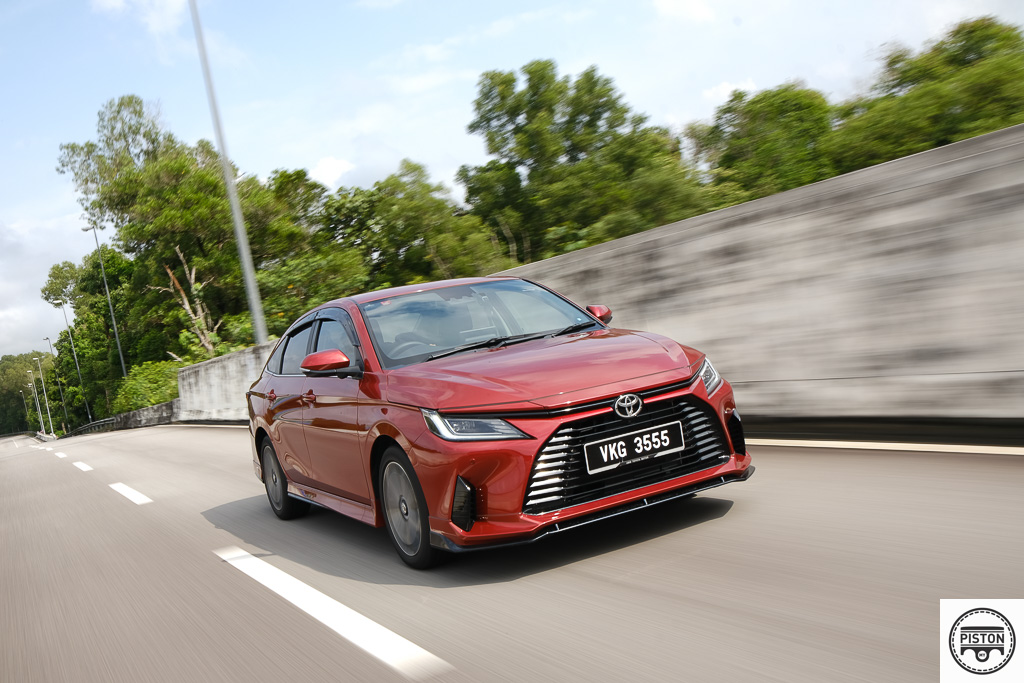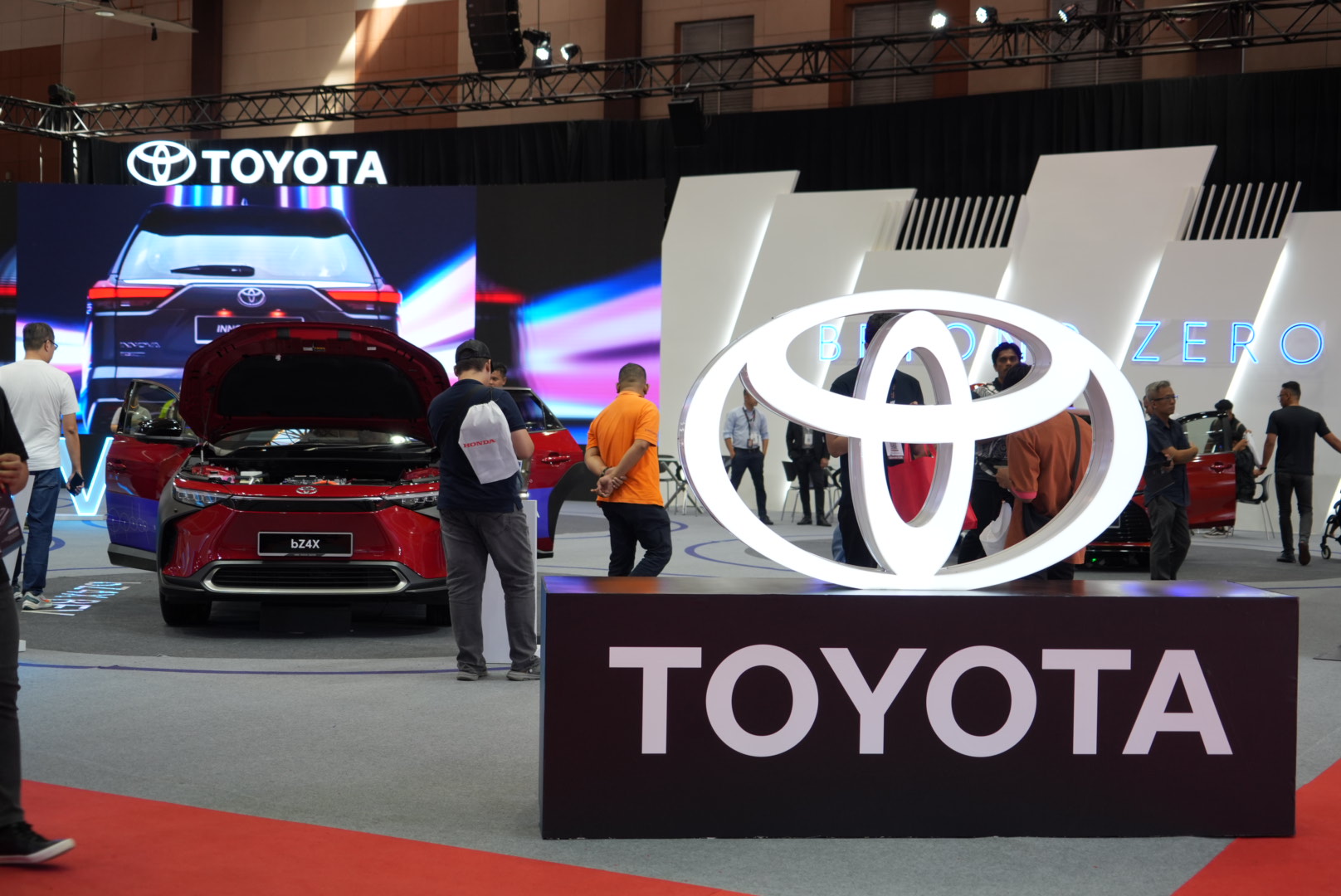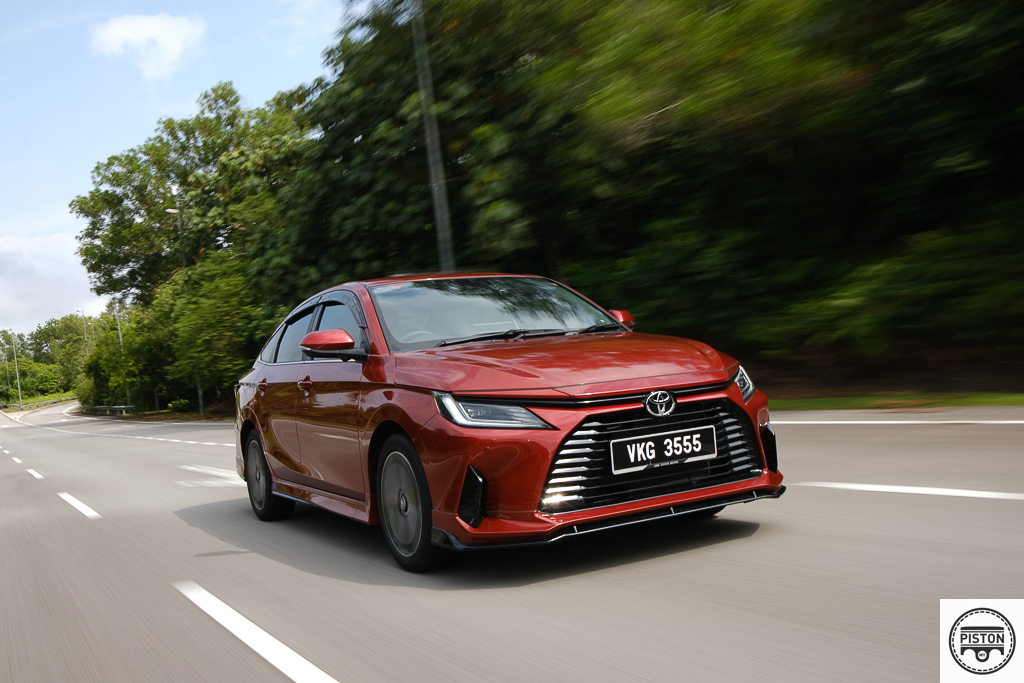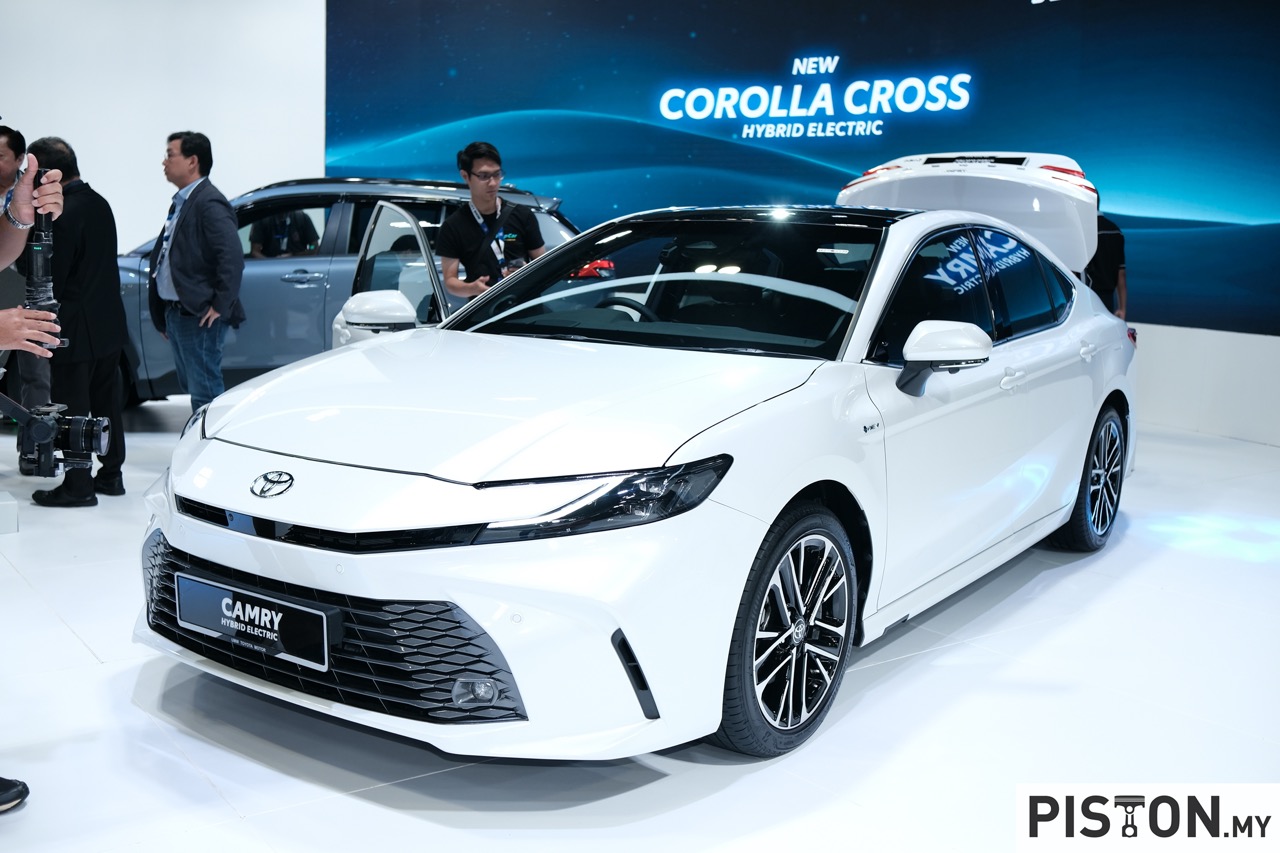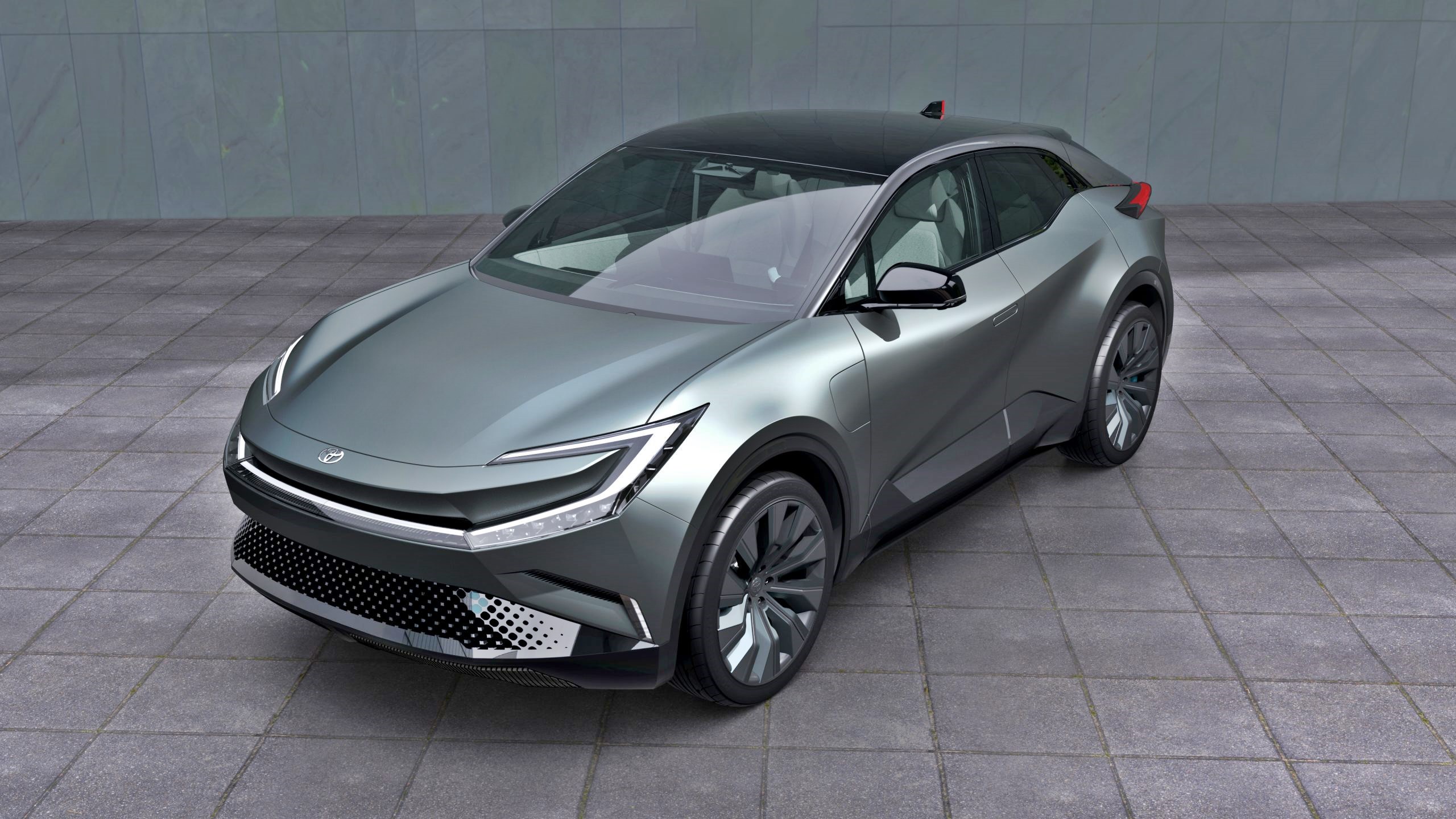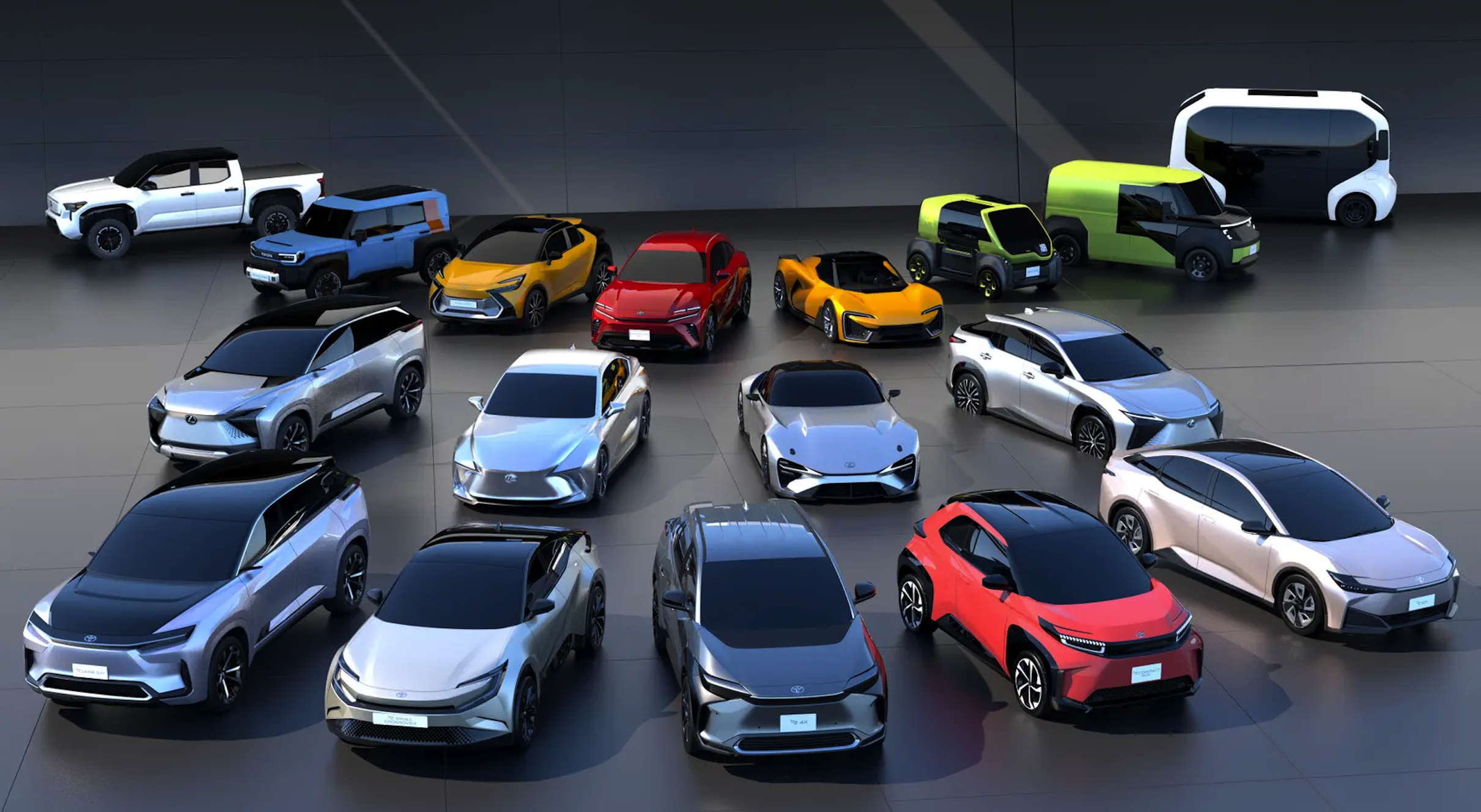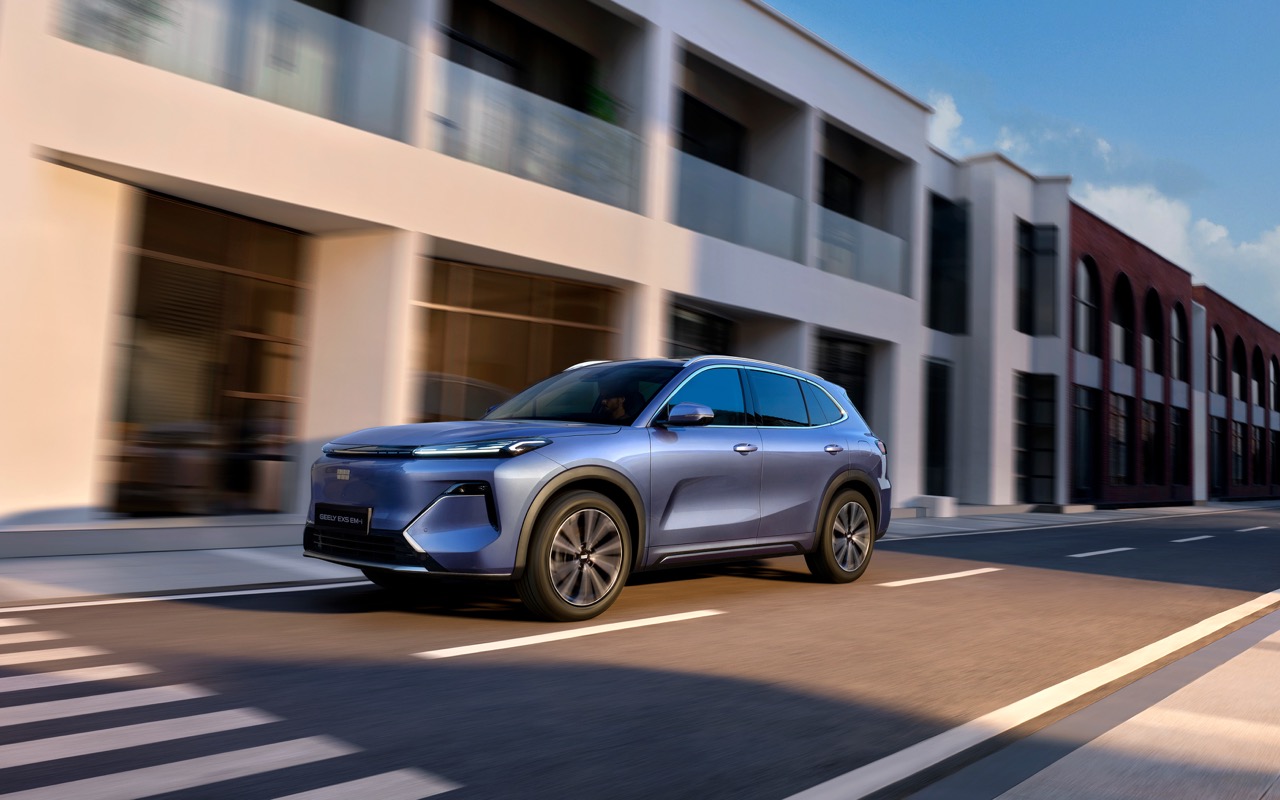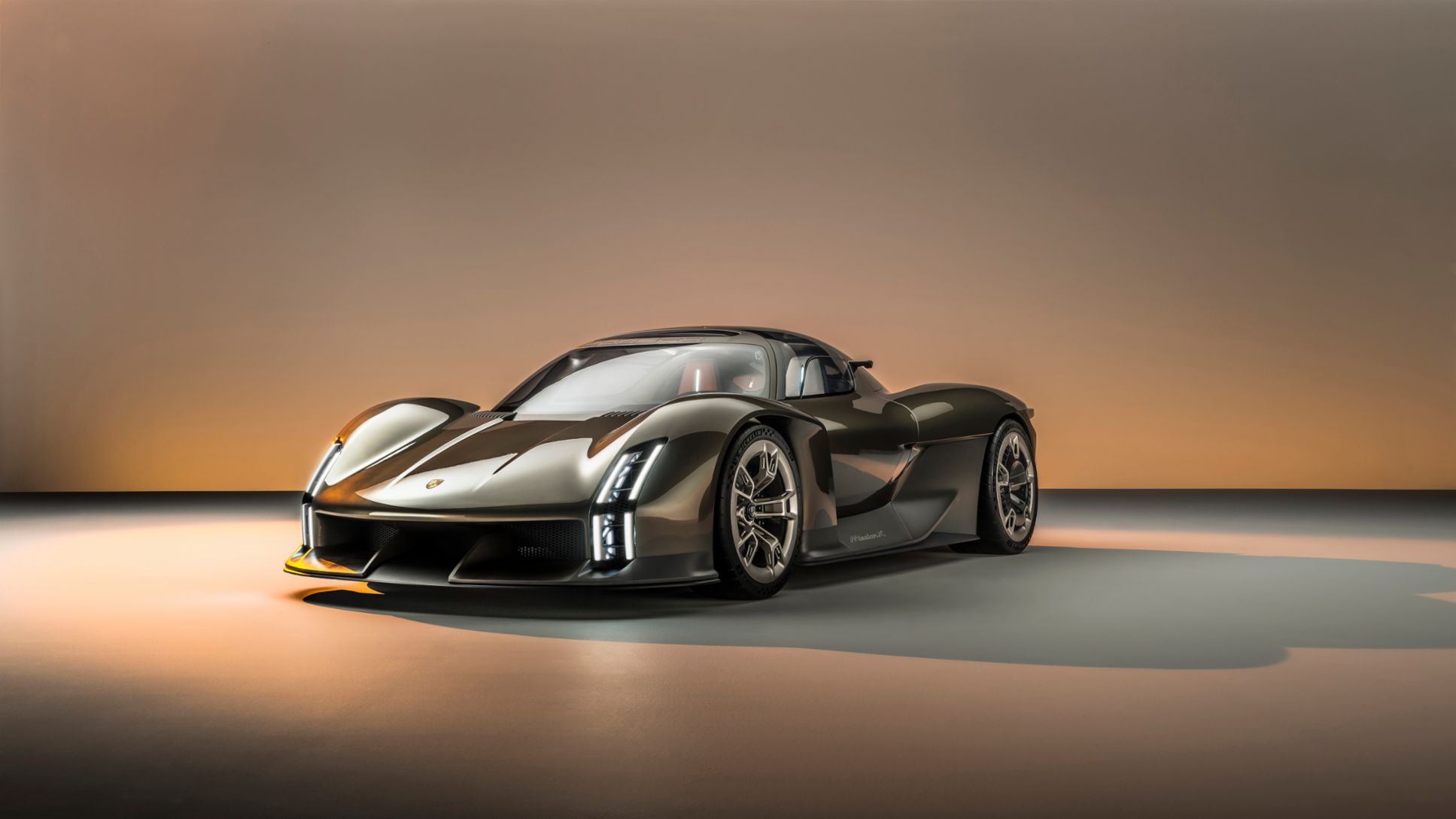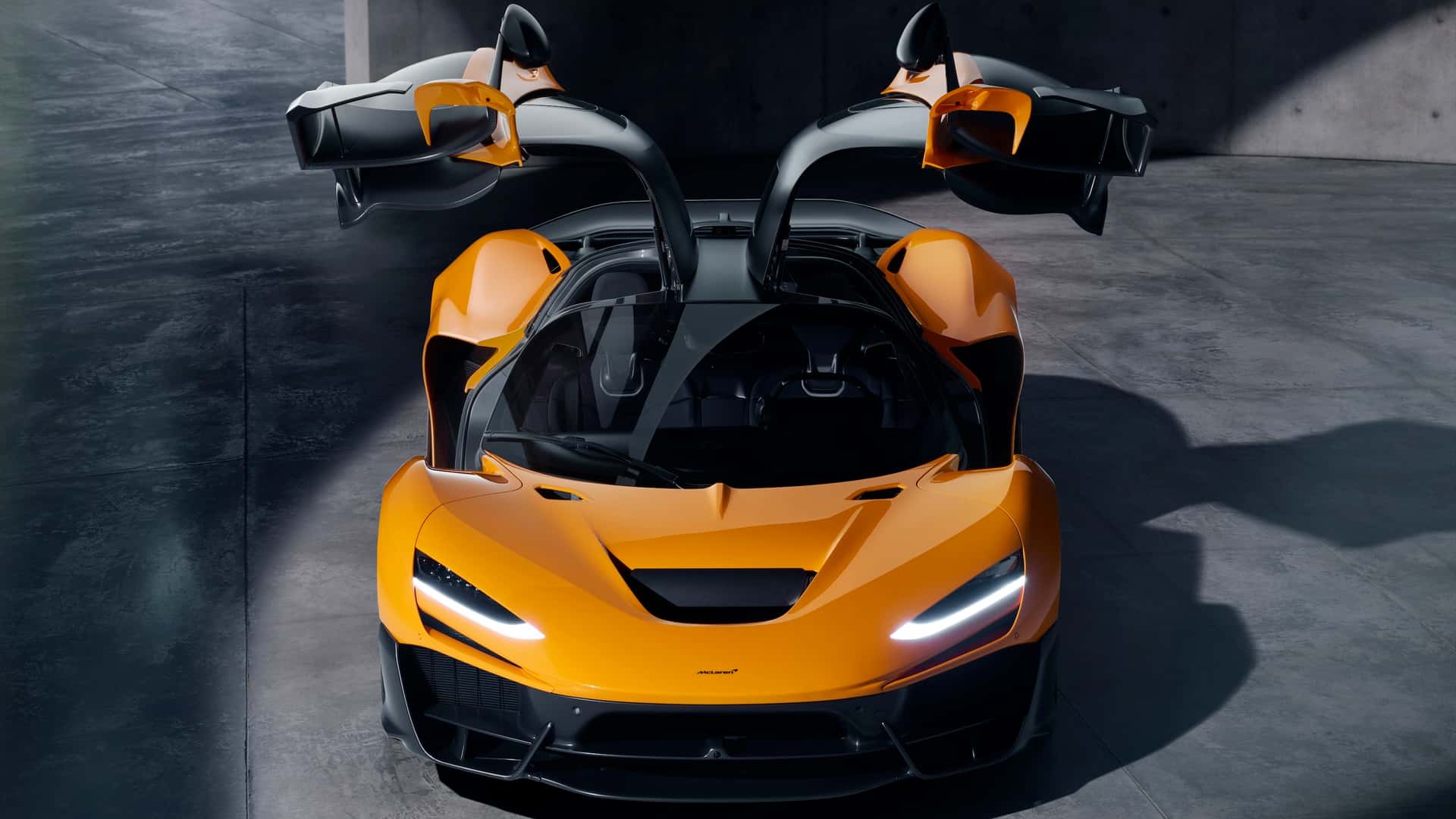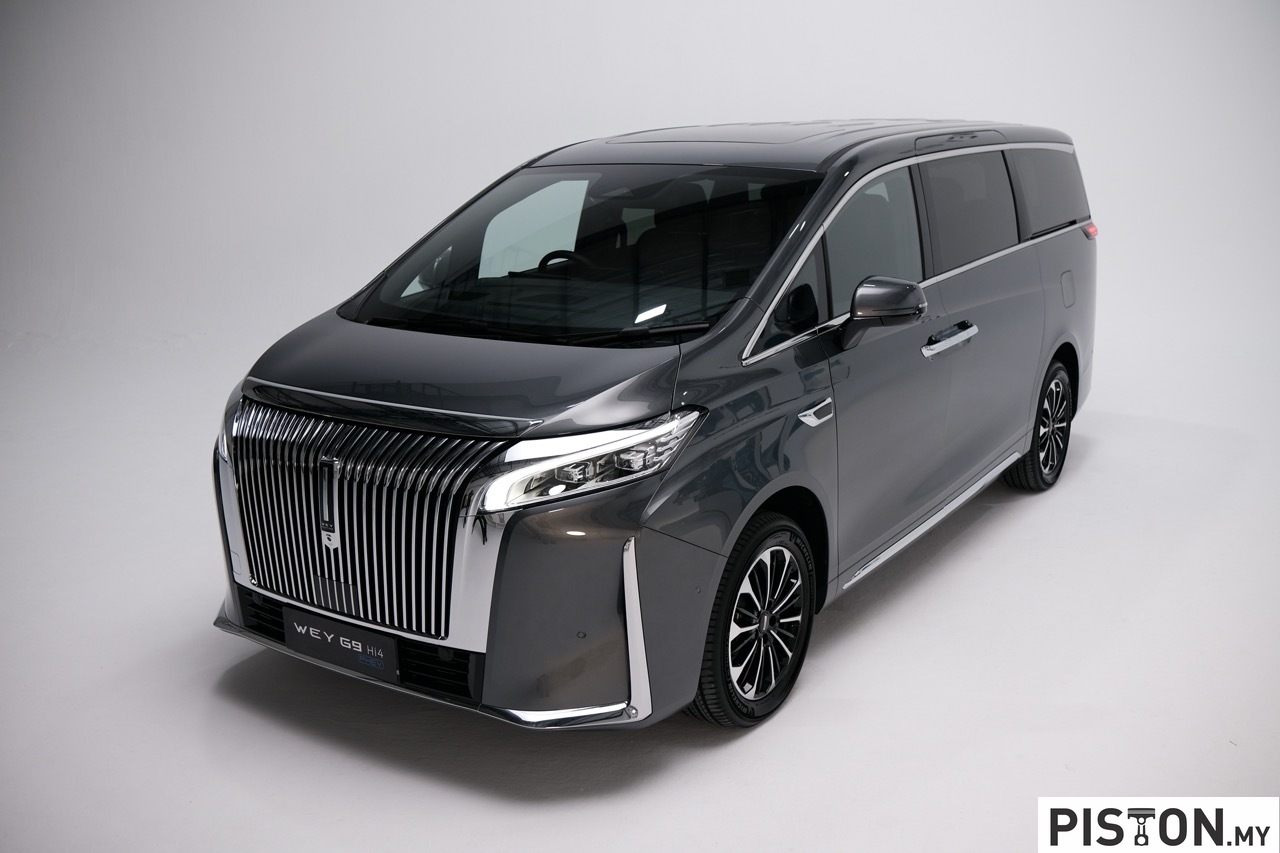For decades, diesel engines have been the backbone of pickups, large SUVs, and vans across key markets. In Australia, the story has been no different, with diesel still powering almost half of Toyota’s local sales. But according to Toyota Australia, the days of diesel dominance could be numbered, with hydrogen waiting in the wings to take its place.
Out of 163,491 vehicles sold by Toyota in Australia during the first eight months of the year, 48.4 per cent were diesel-powered. Heavy-hitters like the Hilux, LandCruiser, Prado, HiAce and Fortuner continue to drive those numbers. The company admits this strong reliance on diesel won’t disappear overnight, but it believes change is inevitable.
Toyota Australia’s vice president of sales, marketing and franchise operations, Sean Hanley, explained that diesel still has a role to play throughout this decade, but beyond that, hydrogen could be the game-changer. He pointed out that petrol models already match diesel in many respects, and in some areas outperform them, which raises questions over diesel’s long-term relevance.

